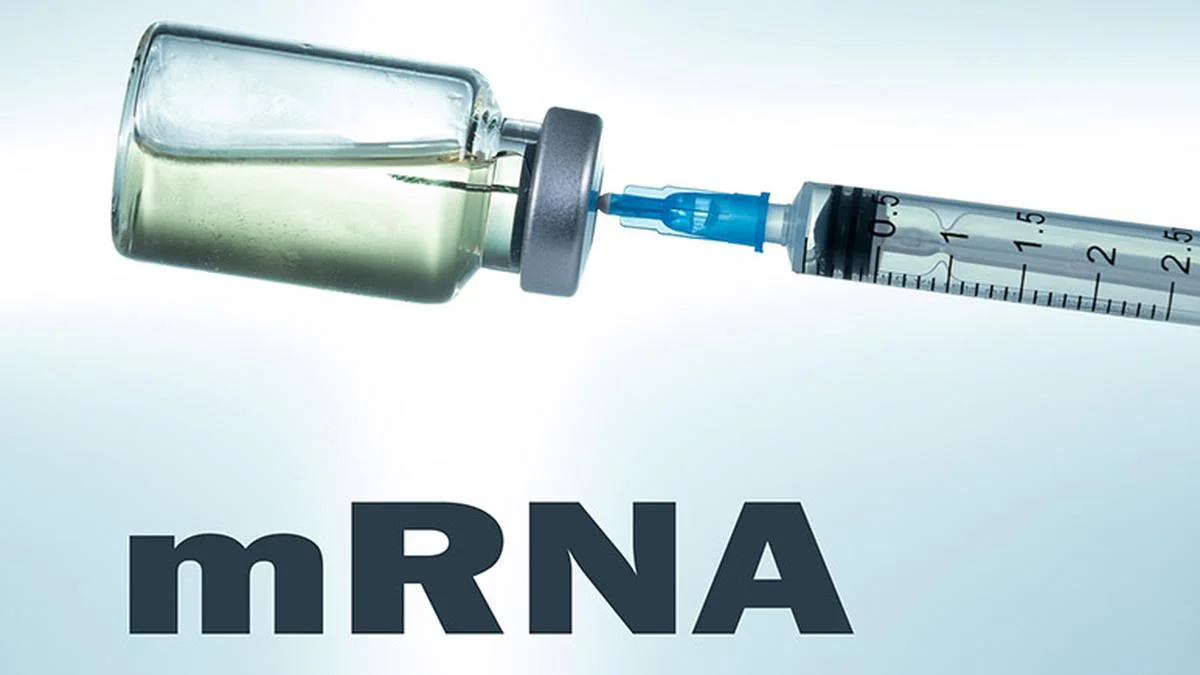The Importance of Nutrition for Mental Health: In recent years, more attention has been paid to how nutrition affects not only physical health, but also mental well-being. Just as the body needs proper nutrition to function properly, the brain relies on certain foods to maintain mood balance, focus, and mental stability. This connection between diet and mental health is stronger than many people realize.
The Link Between Diet and Brain Function:
The brain is an organ that requires a constant supply of fuel, and this fuel comes from the food we eat. What’s in that fuel makes all the difference. A diet high in refined sugar and processed foods is thought to be linked to decreased brain function and symptoms of mood disorders like depression and anxiety. On the other hand, a balanced diet rich in essential nutrients supports optimal brain function and mental resilience.
Foods rich in antioxidants, good fats, vitamins, and minerals provide energy and help protect against oxidative stress, which can damage brain cells. Nutrients like omega-3 fatty acids, B vitamins, magnesium, and zinc are particularly important for maintaining mood and reducing anxiety.
Nutrients that are important for mental health:

Omega-3 fatty acids
Omega-3s, found in fatty fish like salmon and sardines, as well as flaxseed and walnuts, play an important role in brain health. These healthy fats help build cell membranes in the brain and are known to have anti-inflammatory properties. Studies have shown that omega-3 supplements can reduce symptoms of depression and improve mood.
B vitamins
B vitamins, especially B6, B12, and folate, are essential for the production of neurotransmitters like serotonin and dopamine, which regulate mood. Deficiencies in these vitamins can lead to fatigue, irritability, and even depressive symptoms. Leafy green vegetables, eggs, legumes, and whole grains are excellent sources of B vitamins.
Magnesium
Magnesium is known to help regulate emotions and reduce stress. Low levels of magnesium increase the risk of anxiety and depression. Foods like dark chocolate, nuts, seeds, and spinach are rich in magnesium and should be included in a mental health-friendly diet.
Zinc
Zinc plays a role in neurotransmitter function and brain signaling. Zinc deficiency has been linked to depression. Zinc can be found in foods like beef, shellfish, chickpeas, and pumpkin seeds.
The gut-brain connection
Another interesting area of research is the gut-brain axis, which refers to the communication between the gut and the brain. A healthy gut microbiome supports improved mental health, as the gut produces many of the same neurotransmitters as the brain, including serotonin. This is why a diet rich in fiber, prebiotics, and probiotics—such as yogurt, kefir, sauerkraut, and bananas—can support not only digestive health, but also mood and mental clarity.
Nutrition as a Preventive and Complementary Therapy:
While nutrition alone cannot replace traditional treatments like therapy or medication, it can certainly play a preventative and supportive role in mental health care. A growing number of mental health professionals are recognizing the value of nutritional psychiatry, which emphasizes the use of dietary changes to improve mental well-being.
Making small, consistent changes to your diet—such as reducing sugar, drinking more water, and increasing your intake of whole, plant-based foods—can have a significant impact on your mental state over time.
Mental health is influenced by many factors, but nutrition plays a fundamental and often overlooked role. By fueling your brain with the right nutrients, you can maintain mood stability, reduce stress, and improve cognitive function. Eating a balanced diet isn’t just good for your body—it’s essential for your mind, too. Prioritizing nutrition is one of the most powerful steps you can take toward a healthier, happier life.
Read Also: Best Foods for Weight Loss
![]()






One thought on “The Importance of Nutrition for Mental Health”